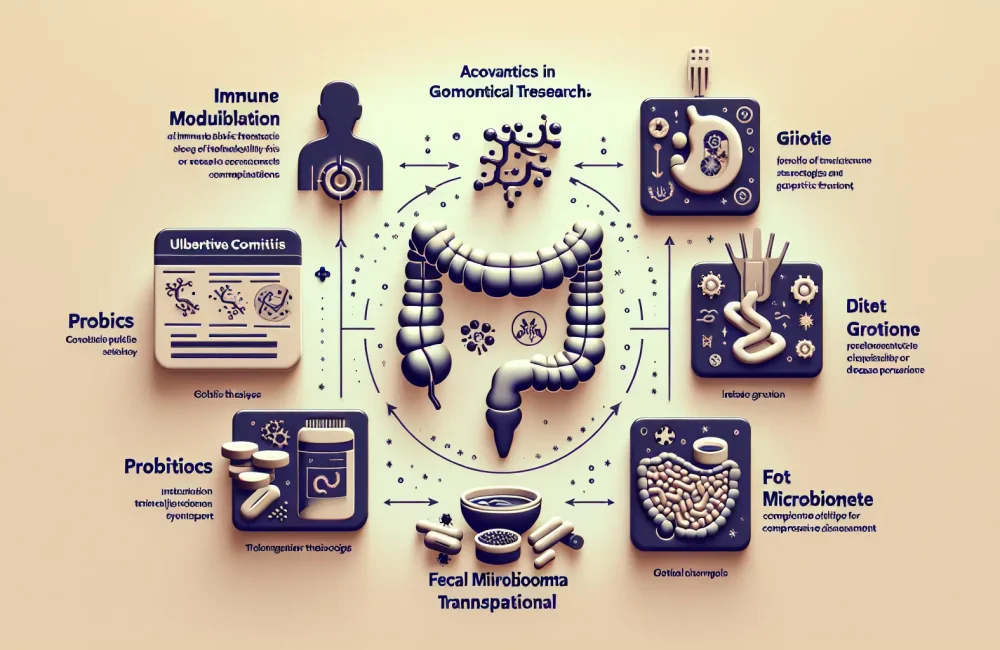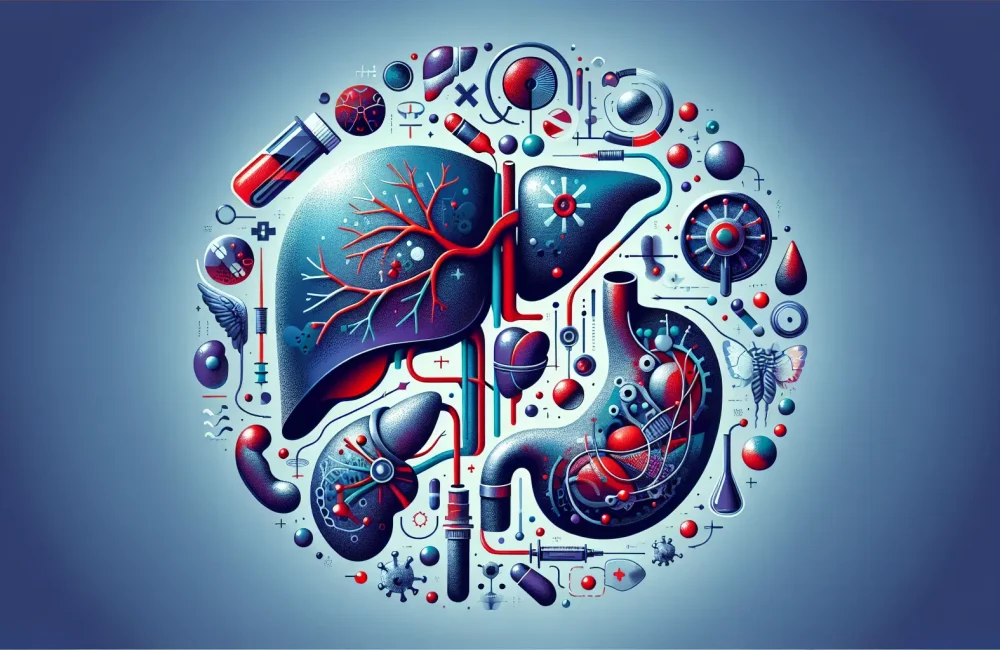By CAFMI AI From Gastroenterology
Impact of Mental Health on Hepatology Referrals in Alcohol-Related Liver Disease
Alcohol-related liver disease remains a significant cause of illness and death globally. The FIB-4 index is a critical tool that clinicians use to estimate liver fibrosis non-invasively and to prioritize patients for referral to hepatology specialists who can provide advanced care and management. This study brings attention to an important clinical challenge: patients with alcohol use who also have mental health disorders experience notably lower rates of referral to hepatology services, even when their FIB-4 index indicates significant liver fibrosis. The research evaluated a cohort of patients with documented alcohol use and FIB-4 scores, identifying mental health disorders through clinical record review. The primary finding was a disparity in hepatology referral patterns based on the presence or absence of mental health disorders despite similar liver fibrosis severity. This observation is clinically significant because it suggests that mental health comorbidities may act as an unintended barrier to accessing specialist liver care. Addressing this gap is critical to ensure equitable care for all patients with alcohol-related liver disease.
Clinical Implications and Need for Integrated Care Models
From a clinical perspective, the under-referral of patients with concurrent mental health disorders to hepatology specialists has multiple implications. These patients, who often endure a complex interplay of chronic liver injury and psychiatric or substance use challenges, require coordinated, multidisciplinary management to optimize outcomes. The study underscores the necessity of integrated care models that combine hepatology and mental health services to address both conditions simultaneously. This integration can improve communication between providers, promote comprehensive assessments, and encourage adherence to follow-up plans and treatment regimens. Practical workflow adaptations in primary care settings could include automatic flagging of high FIB-4 scores coupled with mental health screening results to prompt timely referrals. Furthermore, education for primary care clinicians about the importance of hepatology evaluation despite mental health comorbidities can help mitigate referral biases. By fostering holistic care approaches, healthcare professionals can reduce morbidity and mortality associated with alcohol-related liver disease and coexisting mental health disorders.
Study Design, Limitations, and Future Directions in Hepatology Referrals
The study employed a retrospective observational design, analyzing medical records of patients with documented alcohol use and available FIB-4 data alongside mental health diagnoses. While this design provides valuable real-world insights, it carries inherent limitations, such as potential underreporting of mental health disorders and unmeasured confounders affecting referral decisions. Despite these constraints, the findings are robust in highlighting referral disparities, prompting critical discussions on systemic barriers in hepatology care access. Looking forward, prospective studies are needed to evaluate interventions that directly address these gaps, such as integrated clinic models and decision-support tools for clinicians. Additionally, research into specific mental health diagnoses and how they differentially affect referral rates could guide targeted strategies. Clinicians should also consider red flags such as missed follow-up appointments and nonadherence to alcohol use treatment as indicators of the need for reinforced support systems. Patient counseling should emphasize the importance of liver disease monitoring regardless of mental health status, and primary care workflows must evolve to incorporate multidisciplinary collaboration for complex cases. Ultimately, bridging the gap between mental health and hepatology services is essential to improve patient outcomes in this vulnerable population.
Read The Original Publication Here






